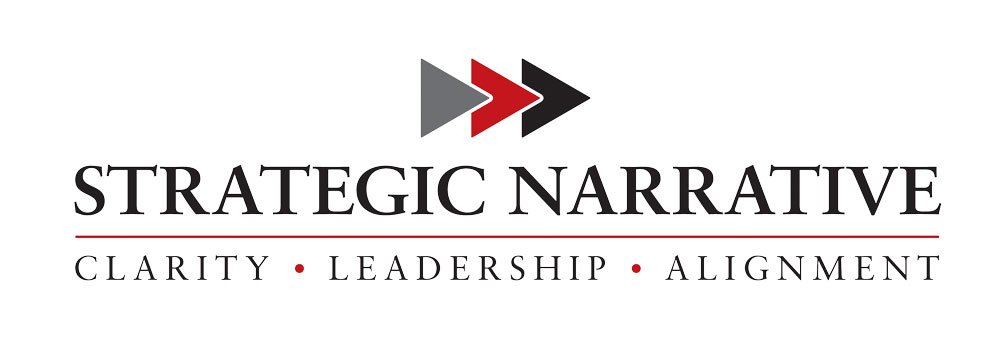Your clients choose in the same way you do
I've sold my own services pretty much my whole life. It's a personal rejection when you're unsuccessful, but a satisfying triumph when people buy into you.
This picture shows me as a very young TV reporter.
While working for the BBC, ITN, Sky and others, I remained freelance for much of the time because I liked my independence. But it meant I was always selling myself.
Because of course when you're selling services, people are making a personal decision based on their assessment of you, almost whatever you are selling. So, if you are selling services, consideration of how people choose who to buy from is a worthwhile reflection as we close 2023.
Fear trumps greed
All the evidence is that fear trumps greed when we all make decisions. We avoid loss more strongly than we seek gain.
That means that the avoidance of risk is a primary motivator. In my experience, this is amplified in the corporate environment, and I have provided services to large organisations my whole life. Not being blamed is a major driver of behaviours in big companies.
This is why trust is the critical factor in who gets which piece of business. This is particularly true if the work is critical to the client, and there is discretion about who to choose. Saving some money is welcome, but if there are bigger issues at stake then the right choice is the person or company you trust.
The old truism 'no-one gets sacked for hiring IBM' sums it up.
Think about who you choose in your personal or professional life. And how you make that decision. Then consider who you buy from when there are big issues at stake or if the purchase is repeated over time.
Will you get the cheapest builder to construct that big extension - or the one who convinces you can be trusted? If there is a major decision to be made do you find the least expensive advisor - or the one whose advice can be acted upon?
This is why the fundamental strategy for those selling professional and business services should be to be the most trusted.
Trusted advisor- or trusted partner?
That's why pretty much every professional firm aspires to be the Trusted Advisor to their key clients. The phrase (created by my cousin David Maister in his book of the same name) conjures up the image of the person standing by the side of the decision maker, whispering in their ear, Tyrion Lannister to the Queen Daenerys Targaryen. Offering advice, standing back and taking no responsibility for the outcome. Sometimes the whipping boy (or girl) when things go wrong.
But the promise is this: if the client sees you as their trusted advisor, they will call on you when they need to make a decision and require valued input. This is not the world of RfPs and procurement-driven price negotiations. It is the situation where the client has a critical need and only you can answer it, because others are not as trusted. There is a dependency there which gives you some power in the situation.
All of this is true, and underlines the importance of building trust rather than just providing a service. But it ignores one thing, in my view: the fact that in most situations, the service provider is doing much more than offering advice. They are usually doing some form of execution, delivering - or helping to deliver - an outcome. This means that there is interdependence involved. The client relies on the service provider, and vice versa. One cannot do their job without some element of performance by the other, which means there is mutual accountability.
They become partners in the creation of value.
That is why I advocate a different ambition: to become a Trusted Partner. This changes the mindset from providing a service to partnering up. It is a peer to peer relationship with alignment as the critical driver. We must both want the same thing and be clear about what that is and how we will achieve it.
We. Not me. Or you.
How do you achieve this position?
Well if you're with me so far you may feel I carry some credibility in this area. You might even be willing to find out if you trust me to help.
I have just developed and packaged my Trusted Partner Programme, which you can find here. It contains an offer to coach, train, consult and work in a hands-on way with your people to make the change from valued supplier to Trusted Partner.
Yep, I am still selling my own services. But now I have learned one of the fundamentals of trust: want the best for the client, work with those who you trust as well and only agree to provide your services if there is genuinely a good fit. Which is why I suggest that you reach out for a 30 minute chat if this programme seems interesting.
Because we need to trust each other if we are going to become partners in the creation of value for you and your organisation.

